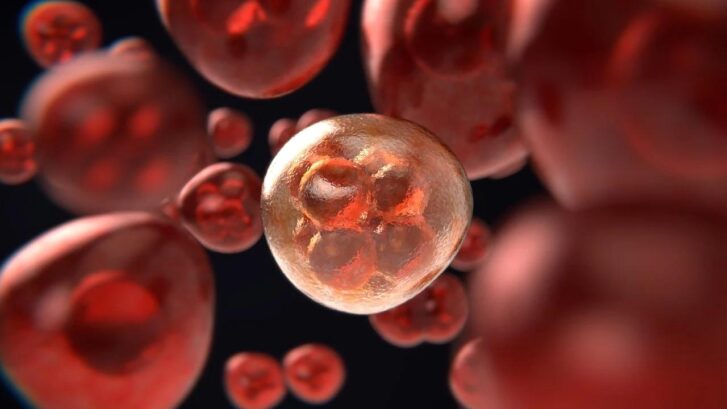How Homoeopathy Can Support Conventional Cancer Treatments
When it comes to treating cancer, conventional medicine typically involves surgery, chemotherapy, and radiotherapy. However, many patients and healthcare professionals also explore complementary therapies to support these treatments.
One such complementary approach is homoeopathy. Homoeopathy is based on the principle of treating “like with like,” using highly diluted substances to trigger the body’s natural system of healing. It can support conventional cancer treatments as well.
In this blog, we’ll explore how homoeopathy can support conventional cancer treatments. Then you may seek the advice of a cancer specialist doctor.
Understanding Homoeopathy in the Context of Cancer
Homoeopathy is a holistic form of medicine that looks at the patient as a whole and not just at the disease. Homoeopathic remedies are personalised and selected based on the comprehensive physical, emotional, and psychological profile of the patient. For cancer patients, homoeopathy is not used as a cure but rather as a support to help manage symptoms of the disease and side effects of conventional treatments.
Managing Treatment Side Effects
One of the primary benefits of homoeopathy in the context of cancer is its potential to alleviate the side effects of conventional treatments. Chemotherapy and radiotherapy can cause a range of uncomfortable side effects such as nausea, fatigue, and loss of appetite. Homoeopathic remedies may help reduce these symptoms, making it easier for patients to cope with their conventional treatment schedules. For example, remedies like Nux vomica are often used to help with nausea, while Arnica can be beneficial in managing bruising and soreness that might result from multiple injections.
Enhancing Overall Wellbeing
Cancer treatments can be physically and emotionally draining. Homoeopathy considers the emotional and psychological health of the patient, which is vital in cancer care. Remedies might be chosen to help improve mood, reduce anxiety, and enhance overall well-being. This holistic approach ensures that the patient’s mental health is also supported during the taxing periods of conventional treatment.
Complementing Pain Management
Pain management is a significant aspect of cancer treatment, and homoeopathy can contribute, too. While it is essential to follow the oncologist’s advice on pain medication, certain homoeopathic remedies might be used to help manage mild to moderate pain symptoms, potentially reducing the need for higher doses of conventional pain relievers.
Supporting Immune System Function
Conventional cancer treatments often weaken the immune system. Homoeopathy can support this process by helping to strengthen the body’s natural defence system. Remedies such as Echinacea and Astragalus are considered by homoeopaths to boost immunity, although it is crucial to consult with a healthcare professional before starting any new treatment.
How to Use Homeopathy Alongside Conventional Cancer Treatments
It’s important to note that homoeopathy should not replace conventional cancer treatments. Instead, it should be used in a complementary way. Patients interested in using homoeopathy alongside their cancer treatment should discuss this with their oncologist and consult a qualified homoeopath. Coordination between healthcare providers is essential to ensure safe and effective integrated care.
Patients should also ensure that the homoeopath is fully informed about all the conventional treatments being administered, as this will influence the choice of homoeopathic remedies. This cooperative approach helps to tailor a treatment plan that supports the patient’s unique needs.
Conclusion
Homoeopathy can offer supportive care for those undergoing conventional cancer treatments, helping to manage side effects, enhance well-being, and support immune function. However, it’s crucial to approach this complementary therapy with careful consideration and under the guidance of your healthcare team. Integrating homoeopathy with conventional cancer treatment should be a coordinated effort to ensure the best possible care and support during the cancer journey.
Featured Image Source : https://cdn.pixabay.com/photo/2018/12/15/10/55/mitosis-3876669_1280.jpg

